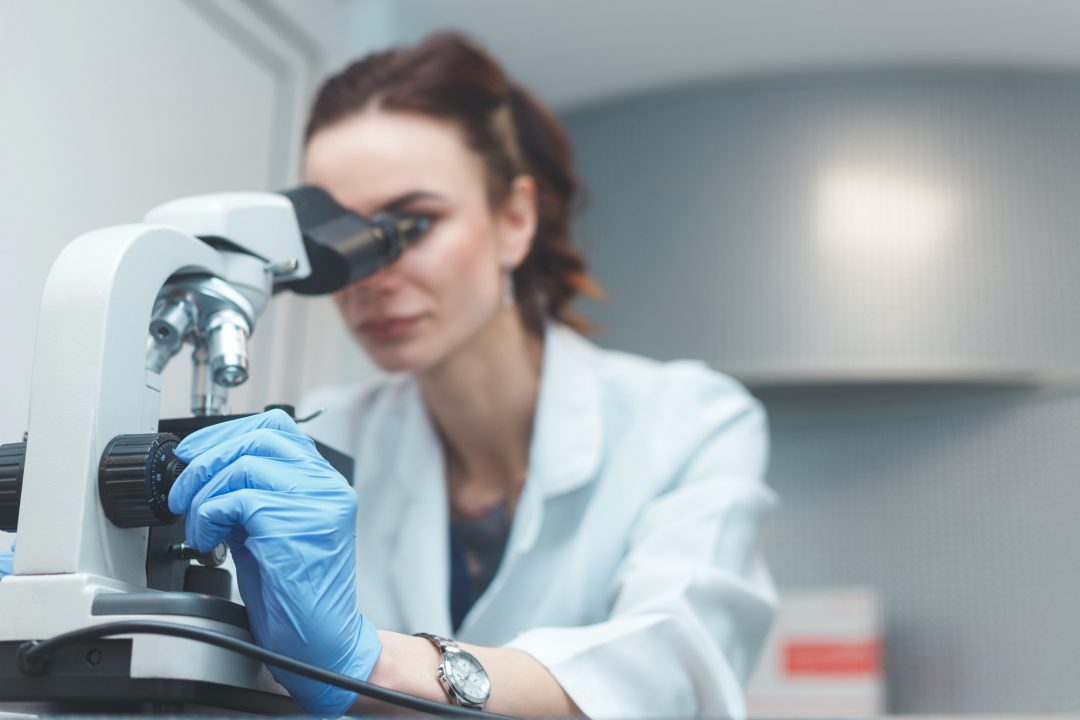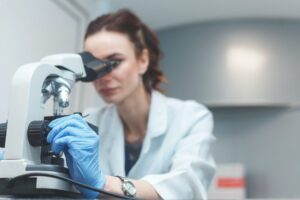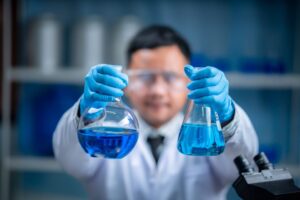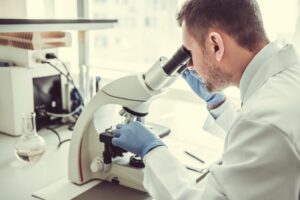
Sexually Transmitted Diseases (STDs): Navigating Awareness and Understanding
Recent Post

Sexually Transmitted Diseases (STDs): Navigating Awareness and Understanding

Understanding Diabetes: Causes and Accurate Diagnosis

Understanding Diabetes: Prevention and Control
Post Category
- Post on
- at
- by Intel Lab
In the intricate web of human connections, the prevalence of sexually transmitted diseases (STDs) remains a significant public health concern. The intersection of intimate relationships and health necessitates a deeper understanding of the dynamics surrounding STDs, highlighting the critical role of awareness and knowledge in fostering sexual health and the tools for testing and prevention.
Navigating the landscape of sexual health reveals a striking prevalence of STDs worldwide. According to recent global health reports, millions of new cases emerge each year, underscoring the urgent need for comprehensive awareness. While these statistics may seem daunting, they also serve as a call to action for individuals to prioritize their sexual health through informed decision-making. Fortunately, in Dubai the testing for STDs has become simple, discrete and convenient! There are no excuses to act now and check on time through a licensed medical laboratory and a medical provider with experience on the field.
Intel Lab was the first to bring to Dubai medical laboratory diagnostics, on a molecular level, covering an extensive range of viruses with results as early as the same day for over 32 biomarkers simultaneously from one sample.
What are STDs?
Sexually transmitted diseases, often referred to as STDs or STIs (sexually transmitted infections), encompass a broad spectrum of infectious diseases primarily transmitted through sexual activity. These infections can affect various organs and systems, posing health risks and necessitating attention to prevent complications.
The most common ones include:
- Human Papillomavirus (HPV). HPV is one of the most prevalent STDs globally, with numerous strains affecting both men and women. Symptoms may include genital warts, but many HPV infections are asymptomatic. Certain high-risk strains are associated with an increased risk of cervical cancer in women.
- Chlamydia is a bacterial infection that can affect the genital, rectal, or throat areas. Common symptoms include painful urination, genital discharge, and pelvic pain. However, many individuals with chlamydia may not experience noticeable symptoms.
- Caused by the Neisseria gonorrhoeae bacterium, gonorrhea can affect the genital, rectal, and throat areas. Symptoms may include painful urination, genital discharge, and in some cases, throat or rectal infections. As with chlamydia, not everyone with gonorrhea exhibits symptoms.
- Herpes (HSV). Herpes simplex virus (HSV) exists in two forms: HSV-1 (commonly associated with oral herpes) and HSV-2 (typically associated with genital herpes). Symptoms may include painful sores or blisters in the genital or oral regions. Recurrent outbreaks can occur throughout a person’s life.
- Syphilis is a bacterial infection that progresses through various stages, each presenting distinct symptoms. Initial symptoms may include painless sores, followed by a rash, and later, potential organ damage if left untreated.
Other less common but equally (or more) dangerous STDs include:
- HIV (Human Immunodeficiency Virus)
- Hepatitis B (HBV)
- Mycoplasma genitalium
- Ureaplasma urealyticum
- Bacterial Vaginosis (BV)
- Cytomegalovirus (CMV)
- Scabies
- Pubic Lice (Crabs)
- Molluscum Contagiosum
- Lymphogranuloma Venereum (LGV):
- Granuloma Inguinale (Donovanosis):
- Pelvic Inflammatory Disease (PID):
One challenging aspect of STDs is the diversity in symptom presentation. While some individuals may experience noticeable symptoms such as sores, discharge, or pain, many STDs can remain asymptomatic, leading to undetected infections. Regular screenings and open communication with healthcare providers are crucial for early detection and effective management.
How can you test for STDs?
Understanding the various testing methods for sexually transmitted diseases (STDs) is crucial for early detection and effective management. Intel Lab has over the years developed medical laboratory testing capabilities beyond the, limited in scope, conventional methodologies. You can now test for more than 30 STD parameters within the same day at any location in Dubai and discretely at the convenience of your home with Intel Lab at Home solution near you.
The common methods to test for STDs are:
- Blood Tests. Blood tests are a common and versatile method for detecting several STDs that circulate in the bloodstream. These tests are particularly effective in identifying viral infections, such as HIV, syphilis, and herpes. The blood is analyzed in a reference laboratory using high sensitivity equipment to detect the presence of antibodies or specific markers associated with STDs.
- Urine Tests. Urine tests offer a non-invasive option for detecting certain STDs, especially those affecting the urinary and genital tracts; commonly used for diagnosing chlamydia and gonorrhea. Individuals provide a urine sample, typically collected in a sterile container. The sample is then analyzed for the presence of bacteria or other indicators of infection. In Intel Lab, we utilize the latest technology in molecular diagnostics to most accurately track on a molecular level the presence of over 30 STDs.
- Swab Tests. Swab tests involve collecting samples from specific areas where the infection may be present, such as the genital, rectal, or oral regions. A healthcare professional uses a swab (cotton-tipped applicator) to collect a sample from the affected area. This is, mostly conventional way, has been now fully replaced by advanced and at home molecular diagnostics engaged by Intel Lab and other reference laboratories in Dubai.
On the pre-covid clinical world, testing for STDs was a complex, inconvenient and often expensive choice – despite how much needed it is. The evolution of advanced molecular equipment that went hand-in-hand with the need for fast, extremely accurate and economical ways to test other viruses, has affected positively the reach of this technology to the tracking and testing of STDs.
You can now test for any STD parameter at the convenience of your home, with just a call or message to Intel Lab (or other licensed medical facilities) around the clock, 24 hours per day and 365 days a year. A licensed clinician will collect sample discretely (without the need for a swab), the licensed medical laboratory in Dubai will run your sample the same day and you will receive accurate and confidential results as soon as 12 hours from the collection of your sample.
Are STDs curable?
The curability of STDs varies across the spectrum, with early detection and treatment playing a pivotal role in shaping the course of the disease. Understanding the distinction between curable and non-curable infections empowers individuals to make informed choices, embrace preventive measures, and prioritize regular testing as part of proactive sexual health management.
Take the step, break the silence and be safe for you and your beloved ones. We are one phone call or message away.
